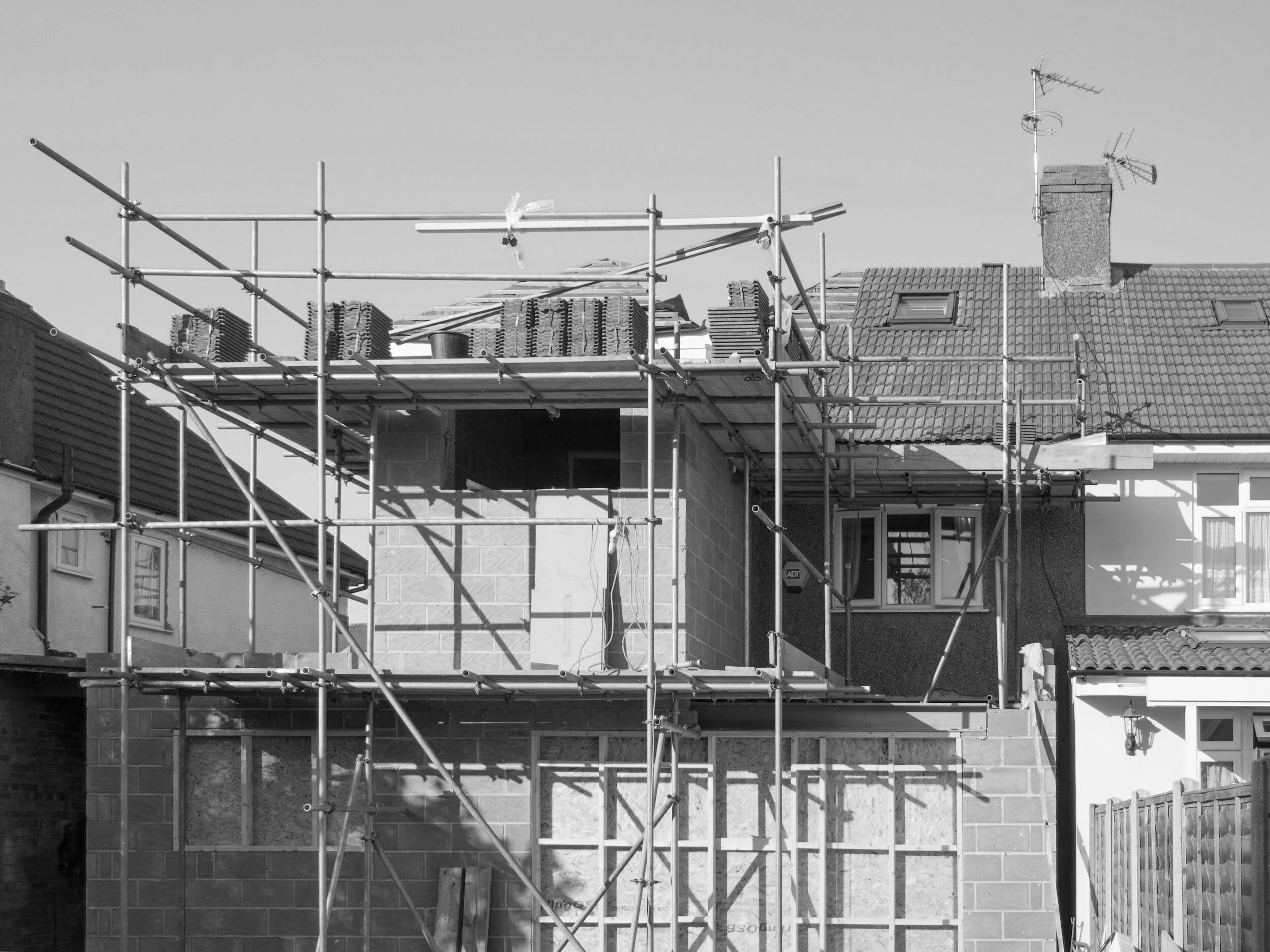6 Things You Need to Consider Before Building a House Extension
Introduction:
Building a house extension can be an exciting venture, providing you with the extra space you need without the hassle of moving. However, before you dive into the construction process, there are several crucial factors to consider, ensuring a successful and stress-free project. In this blog post, we will explore six key considerations that will help you navigate the complexities of building a house extension.
Planning Permission and Building Regulations:
Before you start drawing up plans for your dream extension, it's essential to check whether you need planning permission. Local authorities have specific rules and regulations regarding property extensions, and obtaining the necessary approvals is crucial to avoid legal complications down the line. Additionally, you must adhere to building regulations, which ensure that your extension meets safety and energy efficiency standards.
Budgeting and Financing:
One of the most critical aspects of any construction project is establishing a realistic budget. Consider all potential costs, including construction materials, labor, permits, and unforeseen expenses. It's also wise to set aside a contingency fund for unexpected challenges that may arise during the building process. Before starting the project, explore financing options and make sure you have a clear understanding of how much you can afford.
Architectural Design:
Invest time and effort in the architectural design of your extension. Work with a professional architect to create plans that not only complement your existing home but also maximize functionality and aesthetics. Ensure that the design aligns with your lifestyle and future needs, taking into account factors such as natural light, ventilation, and spatial flow.
Choose the Right Contractor:
Selecting a reliable and experienced contractor is crucial to the success of your extension project. Research local builders, read reviews, and ask for recommendations. Obtain multiple quotes and compare them, considering factors beyond just the cost. Look for a contractor with a proven track record, proper licensing, and insurance coverage. Clear communication and a detailed contract are also essential to avoid misunderstandings.
Environmental Impact and Sustainability:
As sustainability becomes increasingly important, consider the environmental impact of your house extension. Explore eco-friendly building materials and energy-efficient design principles. This not only benefits the planet, but can also lead to long-term cost savings on utility bills. Discuss sustainable options with your architect and contractor to make informed decisions throughout the project.
Neighbourhood Considerations:
Take into account how your house extension will affect your neighbours and the overall aesthetics of the neighbourhood. Check if there are any restrictions on the size and style of extensions within your community. Open communication with neighbours can prevent potential conflicts, and their input might provide valuable insights into aspects you may not have considered.
Conclusion:
Building a house extension is a significant undertaking that requires careful planning and consideration. By addressing these six key factors – planning permission, budgeting, architectural design, contractor selection, sustainability, and neighbourhood considerations – you can lay the groundwork for a successful and harmonious extension project. With proper attention to these details, you'll be well on your way to enjoying the benefits of your new and improved living space.
ChatGPT can make mistakes. Consider checking important information.

